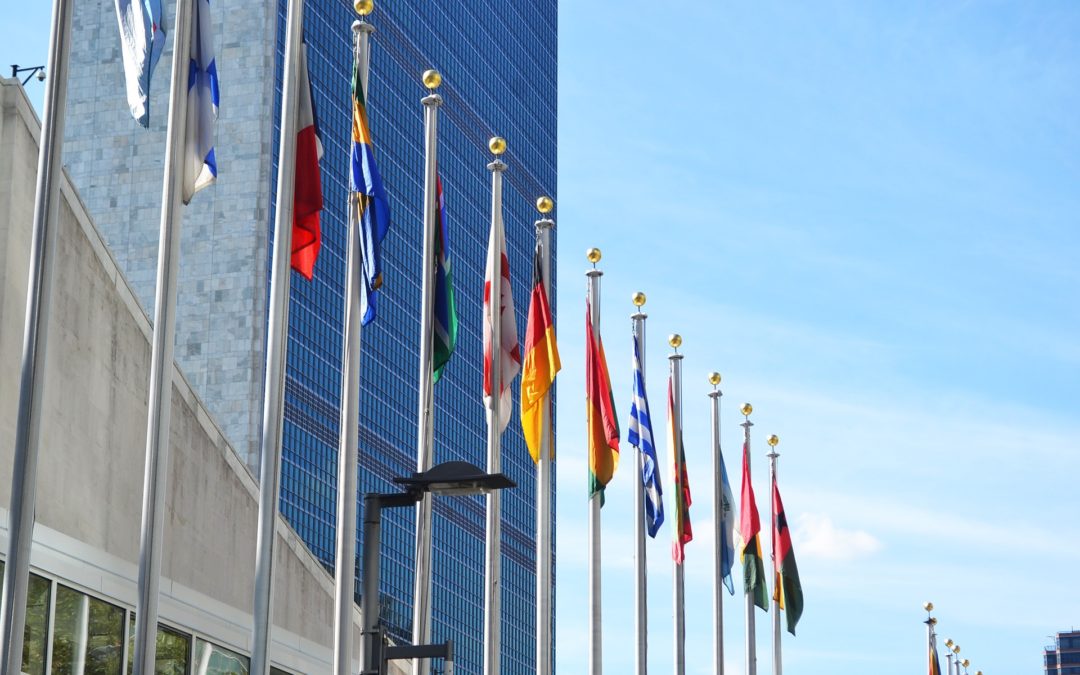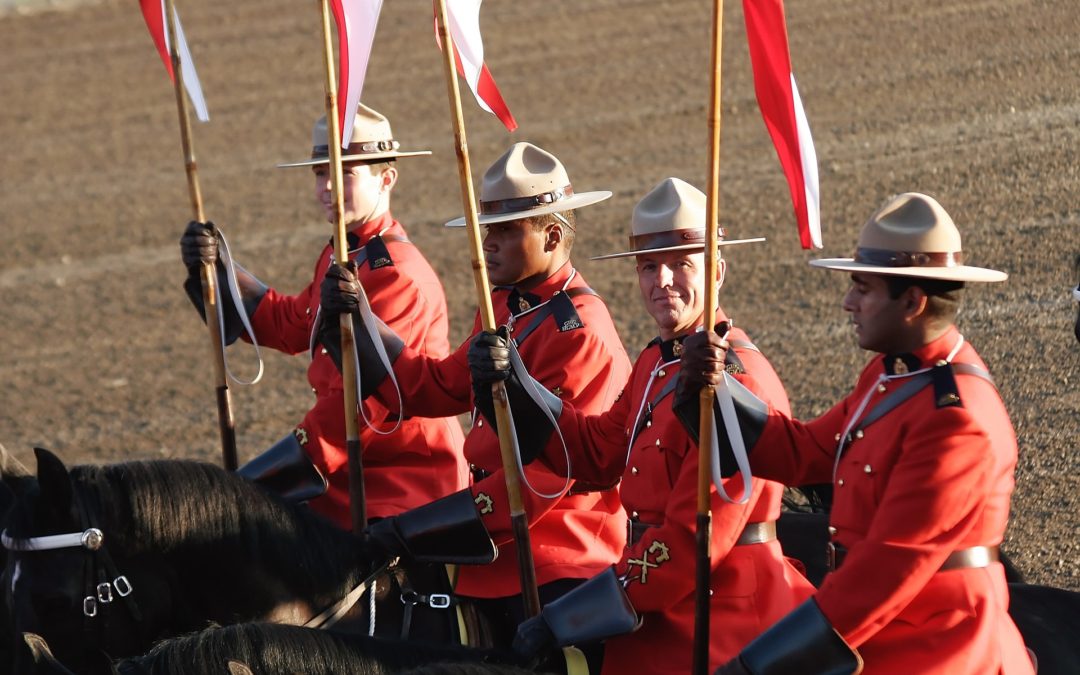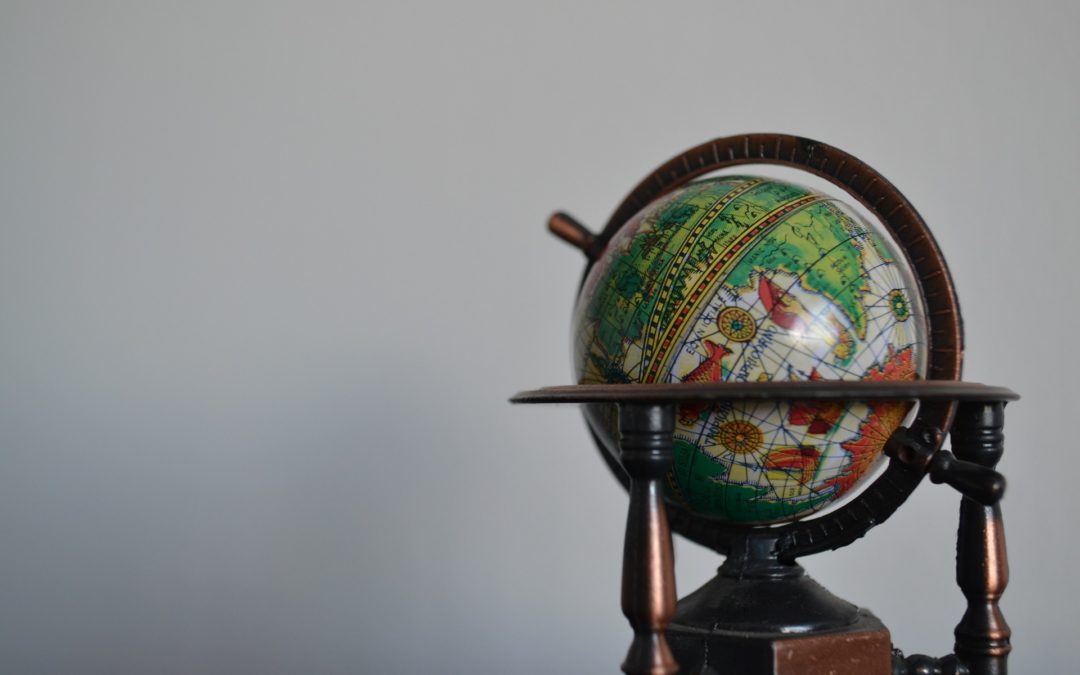
by admin | Mar 22, 2018 | Agriculture, Arms, defence & military, Banking & finance, Civilian aerospace, Consumer services, Country risk profile, Europe, Fisheries, Forestry, Heavy manufacturing, Information technology, Light manufacturing, Mining, Oil and gas, Pharmaceutical & health care, Power generation & transmission, Public works & Construction, Real estate, property, legal and business services, Risk assessments, Telecommunications, Tools, Transportation & storage, Utilities
Public sector integrity is crucial for sustained socioeconomic development. This report assesses Peru’s integrity system at both the central and subnational levels of government. It provides a set of recommendations to strengthen and consolidate this system, instil a culture of integrity, and ensure accountability through control and enforcement. Beyond reviewing the institutional arrangement of the system, the report analyses the policies and practices related to political finance, the promotion of public ethics and the management of conflict of interests, lobbying, whistleblower protection, internal control and risk management, as well as the disciplinary regime and the role of the criminal justice system in containing corruption.

by admin | Mar 21, 2018 | ABC terms library, Agriculture, Anti-Corruption Organizations, Resources and References, Arms, defence & military, Banking & finance, Civilian aerospace, Consumer services, Fisheries, Forestry, Heavy manufacturing, Information technology, Latin America and the Caribbean, Light manufacturing, Mining, Oil and gas, Pharmaceutical & health care, Power generation & transmission, Public works & Construction, Real estate, property, legal and business services, Telecommunications, Transportation & storage, Utilities
The United Nations Convention against Corruption is the only legally binding universal anti-corruption instrument. The Convention’s far-reaching approach and the mandatory character of many of its provisions make it a unique tool for developing a comprehensive response to a global problem. The vast majority of United Nations Member States are parties to the Convention.

by admin | Mar 21, 2018 | ABC terms library, Agriculture, Americas, Anti-Corruption Organizations, Resources and References, Arms, defence & military, Banking & finance, Civilian aerospace, Consumer services, Fisheries, Forestry, Heavy manufacturing, Information technology, Light manufacturing, Mining, Oil and gas, Pharmaceutical & health care, Power generation & transmission, Public works & Construction, Real estate, property, legal and business services, Telecommunications, Transportation & storage, Utilities
The Anti-Corruption Portal of the Americas, developed by the Department of Legal Cooperation of the Secretariat for Legal Affairs, provides information regarding transparency in public administration and anti-corruption cooperation, including developments within the MESICIC framework and technical cooperation efforts, as well as links to the web pages of the member states’ agencies with responsibilities in this area.

by admin | Mar 21, 2018 | ABC terms library, Agriculture, Anti-Corruption Organizations, Resources and References, Arms, defence & military, Banking & finance, Civilian aerospace, Consumer services, Fisheries, Forestry, Government of Canada Resource, Heavy manufacturing, Information technology, Light manufacturing, Mining, North America, Oil and gas, Pharmaceutical & health care, Power generation & transmission, Public works & Construction, Real estate, property, legal and business services, Telecommunications, Transportation & storage, Utilities
The Corruption of Foreign Public Officials Act (CFPOA) is the Canadian legislation implementing its obligations under the UN Convention against Corruption. The CFPOA applies to persons and companies and makes it a criminal offence for persons or companies to bribe foreign public officials to obtain or retain a business advantage.

by admin | Mar 21, 2018 | ABC terms library, Agriculture, Anti-Corruption Organizations, Resources and References, Arms, defence & military, Banking & finance, Civilian aerospace, Consumer services, Fisheries, Forestry, Heavy manufacturing, Information technology, Light manufacturing, Mining, North America, Oil and gas, Pharmaceutical & health care, Power generation & transmission, Public works & Construction, Real estate, property, legal and business services, Telecommunications, Transportation & storage, Utilities
The Royal Canadian Mounted Police (RCMP) has a mandate to investigate and tackle corruption domestically and Internationally. The RCMP has exclusive jurisdiction to investigate international corruption under the Corruption of Foreign Public Officials Act (CFPOA).
Part of the RCMP’s international mandate under the CFPOA is to conduct investigations that may involve:
- Allegations that a Canadian person/business has bribed a foreign public official;
- Allegations that a foreign person has bribed a Canadian public official that may have international repercussions;
- Allegations that a foreign official has secreted or laundered money in, or through, Canada; or
- Requests for international assistance.
Prevention is key to fighting corruption. As such, the RCMP is committed to working with industry partners, civil society and other stakeholders to prevent and detect international corruption.

by admin | Mar 21, 2018 | ABC terms library, Agriculture, Anti-Corruption Organizations, Resources and References, Arms, defence & military, Banking & finance, Civilian aerospace, Consumer services, Fisheries, Forestry, Heavy manufacturing, Information technology, Light manufacturing, Mining, North America, Oil and gas, Pharmaceutical & health care, Power generation & transmission, Public works & Construction, Real estate, property, legal and business services, Telecommunications, Transportation & storage, Utilities
GOPAC was founded in October 2002 as a result of a Global Conference in Ottawa, Canada which brought together over 170 parliamentarians and 400 observers dedicated to fighting corruption and improving good governance. It was at this meeting that the Board of Directors approved the GOPAC Constitution. GOPAC became a legal entity in the fall of 2003 – a not-for-profit under Canadian law.
GOPAC is unique in that it is the only international network of parliamentarians focused solely on combating corruption. Its members represent more than 50 countries in all regions of the world. They are current or former legislators or legislators who have been denied their right to take office. Their collaboration is non-partisan.










